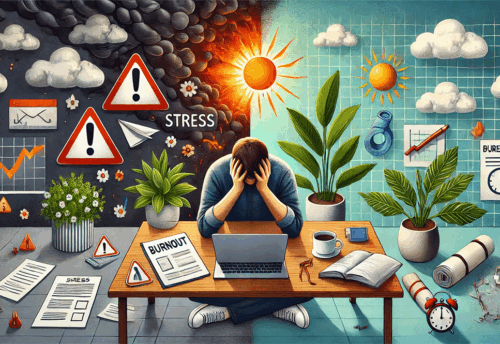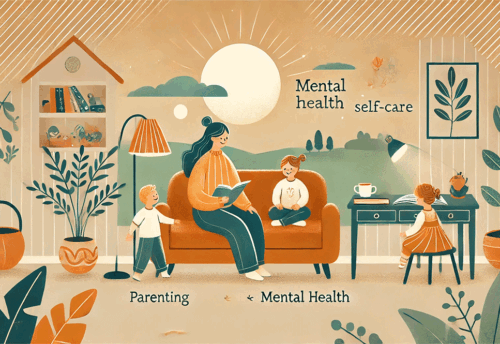
Building Resilience in the Face of Adversity
Building Resilience in the Face of Adversity
Life often presents unexpected challenges, from personal setbacks to broader crises. Resilience—the ability to adapt and recover from adversity—is not an innate trait but a skill that can be nurtured and developed. Building resilience empowers individuals to face difficulties with strength, confidence, and hope.
What is Resilience?
Resilience is the mental and emotional capacity to:
- Adapt to change and challenges.
- Recover from setbacks and failures.
- Maintain hope and focus under stress.
It is not about avoiding difficulties but about how we respond to and grow from them.
The Importance of Resilience
- Enhances Emotional Well-being:
Resilient individuals experience less anxiety and depression, even in the face of hardship. - Promotes Problem-Solving:
Resilience fosters a proactive mindset, enabling individuals to tackle challenges effectively. - Strengthens Relationships:
Adaptable people often maintain stronger connections by communicating openly and supporting others. - Builds Long-Term Success:
Resilience helps individuals persist through obstacles, leading to personal and professional growth.
Strategies to Build Resilience
- Develop a Positive Mindset:
- Focus on solutions rather than dwelling on problems.
- Practice gratitude to shift attention to the positives in life.
- Cultivate Emotional Awareness:
- Recognize and accept your emotions without judgment.
- Use relaxation techniques, like deep breathing, to manage stress.
- Strengthen Social Connections:
- Build a supportive network of friends, family, or mentors.
- Share your struggles and lean on others for encouragement.
- Set Realistic Goals:
- Break larger challenges into manageable steps.
- Celebrate small victories to maintain motivation.
- Embrace Change:
- View change as an opportunity for growth rather than a threat.
- Stay flexible and open to new possibilities.
- Prioritize Self-Care:
- Maintain physical health through regular exercise, sleep, and nutrition.
- Dedicate time for hobbies and activities that recharge you.
- Learn from Failure:
- Treat setbacks as learning experiences.
- Reflect on what went wrong and how to improve for the future.
- Seek Professional Support:
- Reach out to counselors or therapists when needed.
- Participate in resilience-building workshops or support groups.
Building Resilience Over Time
Resilience is not developed overnight but through consistent effort and reflection. Start small by practicing mindfulness or journaling, and gradually incorporate strategies that resonate with your personal experiences.





Leave a Reply